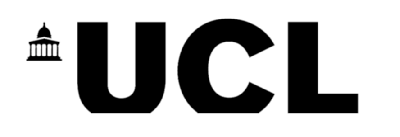The experienced, knowledgeable, positive and focused tutors facilitated worthwhile discussion.
Children and Young People's Psychological Trainings: Therapy, PG Dip
This Postgraduate Diploma is part of the Department of Health initiative to improve outcomes for children and young people by ensuring they have a better experience of mental health services and by developing a skilled workforce to support them.
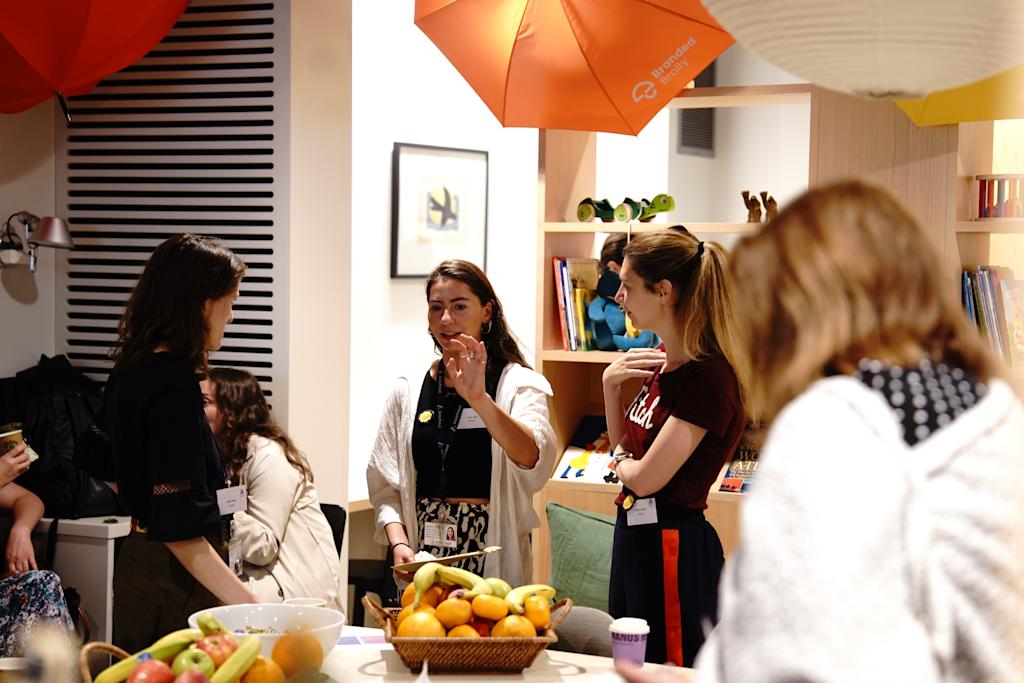
Programme overview
This Postgraduate Diploma provides specialist post-qualification training for recruited professionals with some experience in the field.
Practitioners will develop a critical understanding of service change, outcome monitoring and evidence-based psychological therapies for common childhood and adolescent mental health problems, including anxiety, depression and conduct disorders.
A key aim of the programme is to improve the effectiveness of psychological services by embedding sustainable changes into service culture.
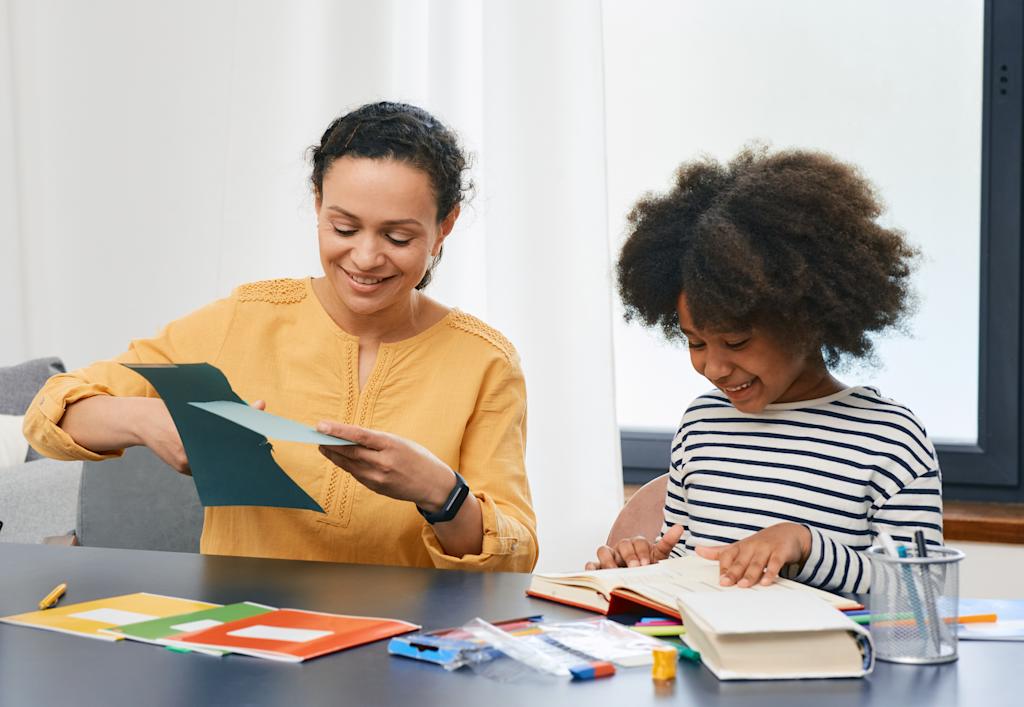
Course details
Students are encouraged to reflect on their role in transforming services for the benefit of children, young people, and families, through principles such as:
delivering evidence-based practice
monitoring outcomes to ensure young people are effectively supported
actively engaging children and young people to shape services collaboratively.
Depending on funding and course viability, students will specialise in one of the following modalities, delivered at either UCL or KCL.
Programme delivery
University College London (UCL) modality streams:
Interpersonal Psychotherapy for Adolescents (IPT-A)
Infant and Early Years Practitioner (IEYP)
Autism Spectrum Conditions and/or Learning Disabilities (ASC/LD)
Cognitive Behavioural Therapy (CBT)
Kings College London (KCL) modality streams:
Cognitive Behavioural Therapy (CBT)
Systemic Family Practice
Parent Training
Please visit the KCL website for more information on their Recruit to Train modalities.
The programme is a one-year full-time Postgraduate Diploma, beginning in January. University teaching typically takes place 2.5 days per week during term time, with the remainder spent in service placements. Additional teaching days may be required for intensive training (e.g. Incredible Years training for 0–5s).
Course fees are funded by NHSE, subject to a successful application process. As an NHSE-funded course with employment placements, applicants for UCL modalities must be eligible for Home Fees and able to remain in the UK for at least two years post-graduation.
How to apply
Applications follow a dual process. Candidates must apply simultaneously for the university course and an associated job advert.
Job adverts include guidance on applying for the university course. If this is not available, please contact the Programme Officer.
Each service advertises roles individually and undertakes its own recruitment process. Shortlists are shared with the University to confirm course eligibility.
Candidates may apply to multiple job adverts and modalities but should ensure they meet the person specification for each.
University applications only need to be submitted once per recruitment cycle, even when applying for multiple roles.
Applicants are strongly encouraged to state their chosen modality (or modalities) in their application and submit a tailored personal statement for each.
Application deadlines
The course begins in January 2026, with university applications typically opening in September. Associated service roles are advertised between September and late November, with each advert published individually and at different times.
CYP-IAPT course guides for 2025
-
ASC/LD course guide
Download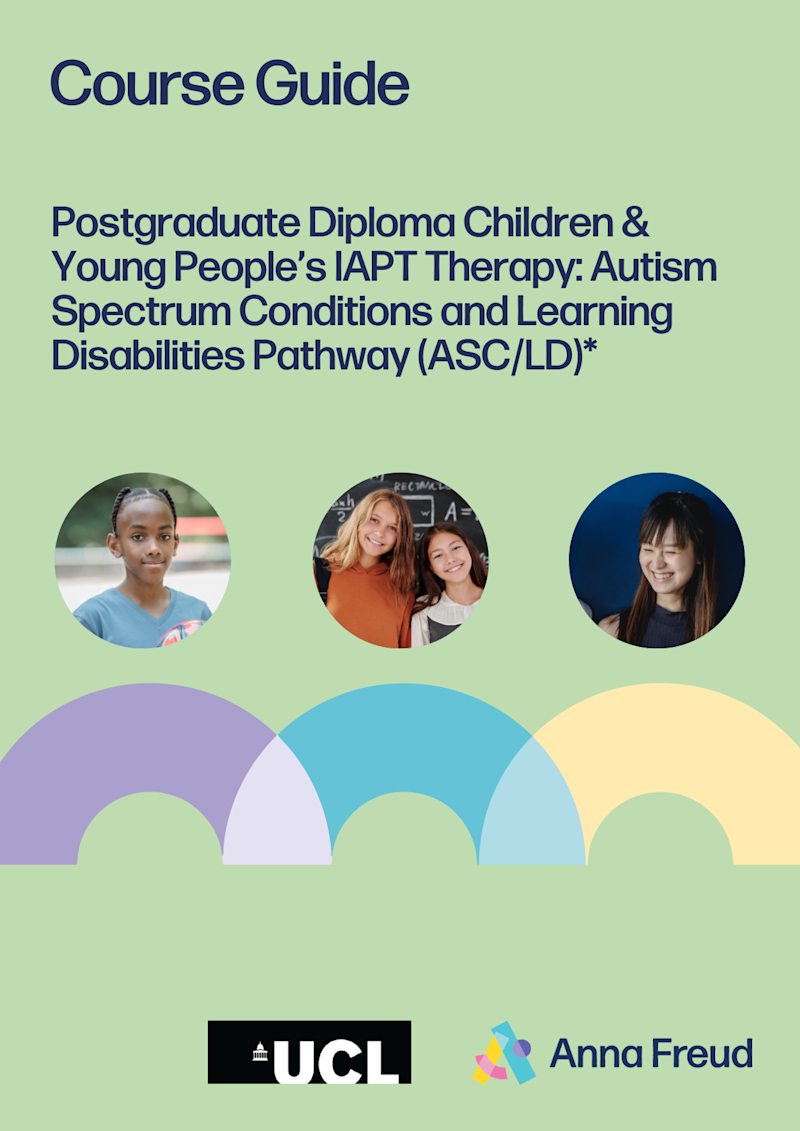
Postgraduate Diploma Children & Young People’s IAPT Therapy: Autism Spectrum Conditions and Learning Disabilities Pathway (ASC/LD)* course guide.
-
CBT course guide
Download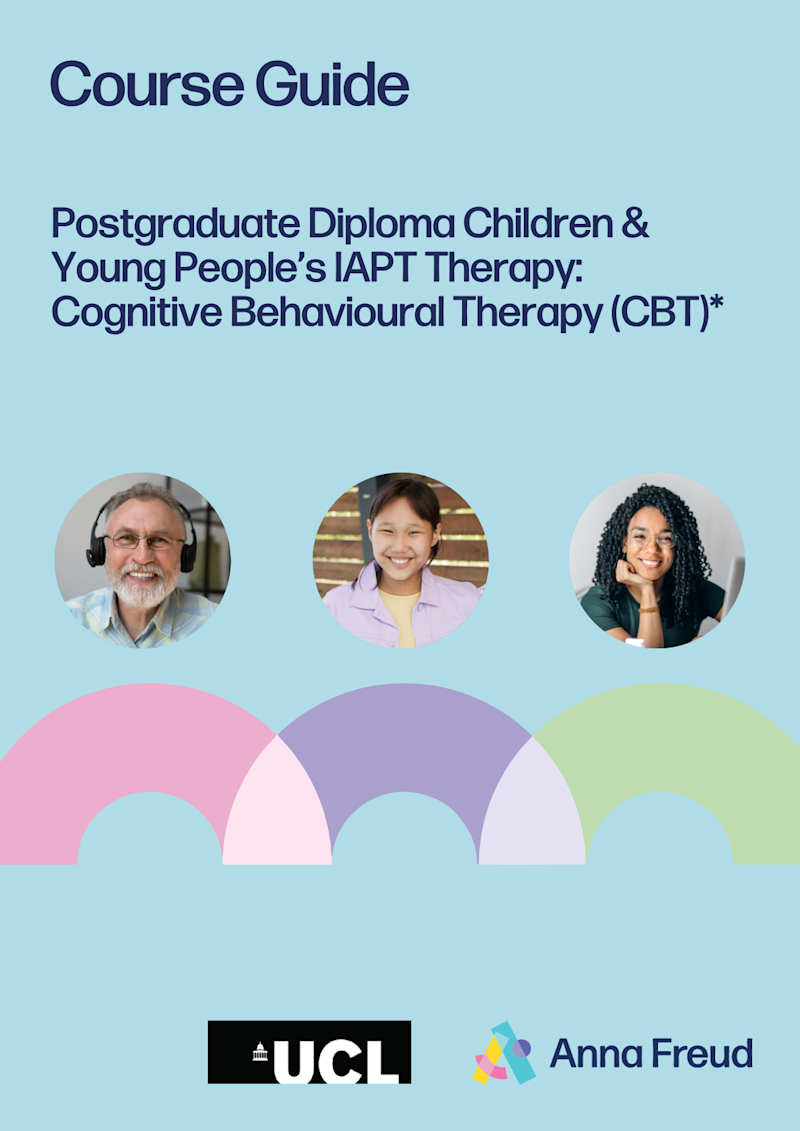
Postgraduate Diploma Children & Young People’s IAPT Therapy: Cognitive Behavioural Therapy (CBT) course guide.
-
IPT-A course guide
Download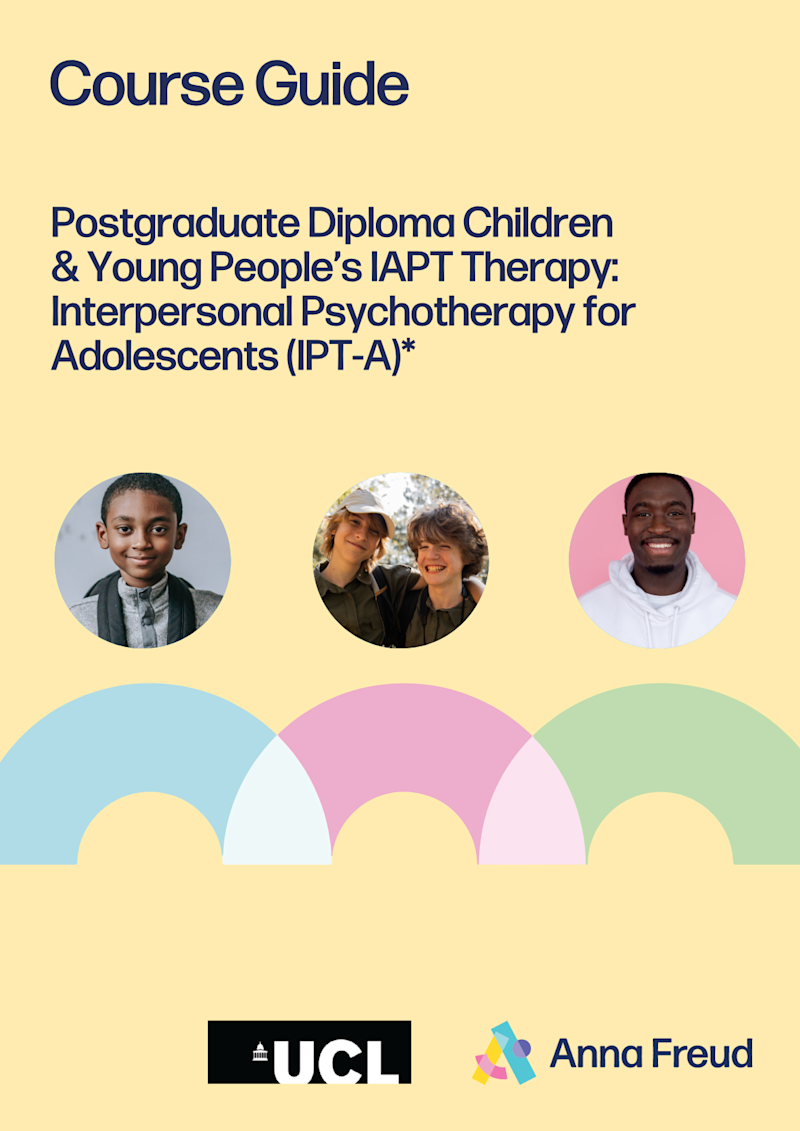
Postgraduate Diploma Children & Young People’s IAPT Therapy: Interpersonal Psychotherapy for Adolescents (IPT-A)* course guide.
-
IEYP course guide
Download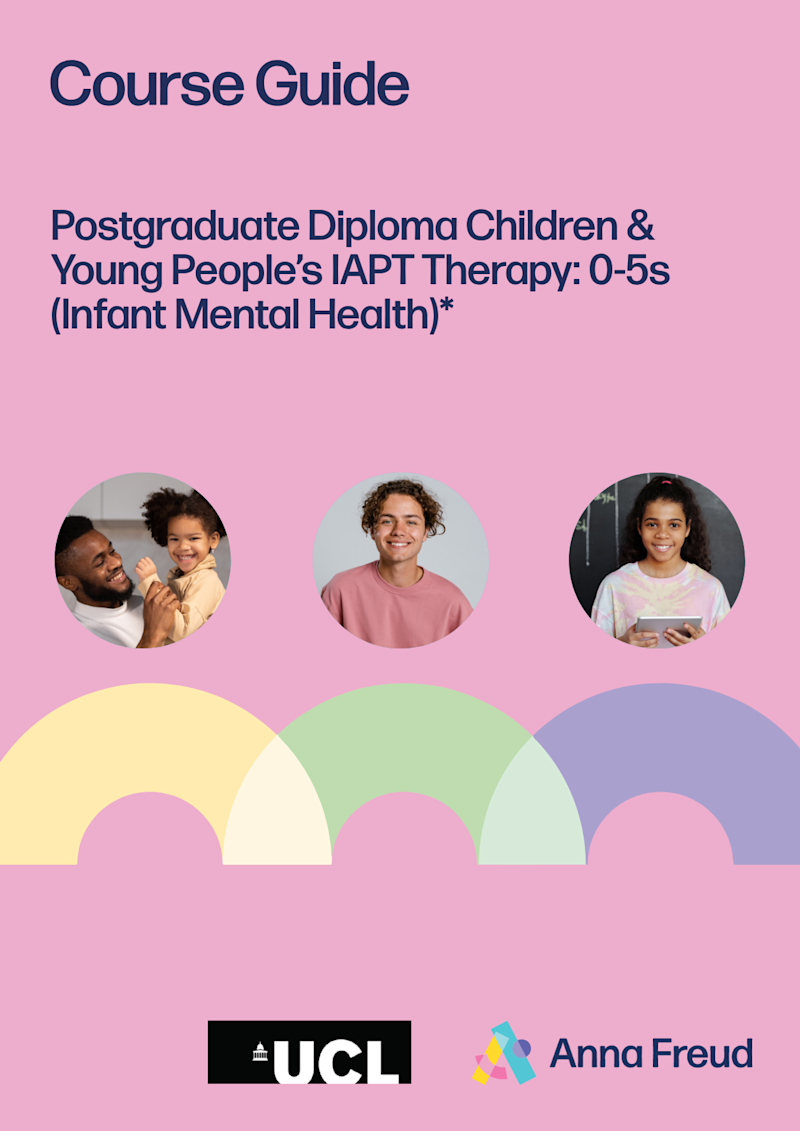
Postgraduate Diploma Children & Young People’s IAPT Therapy: Infant and Early Years Practitioner course guide.
